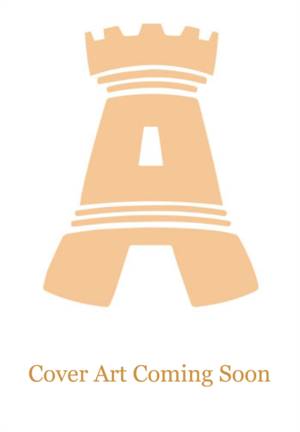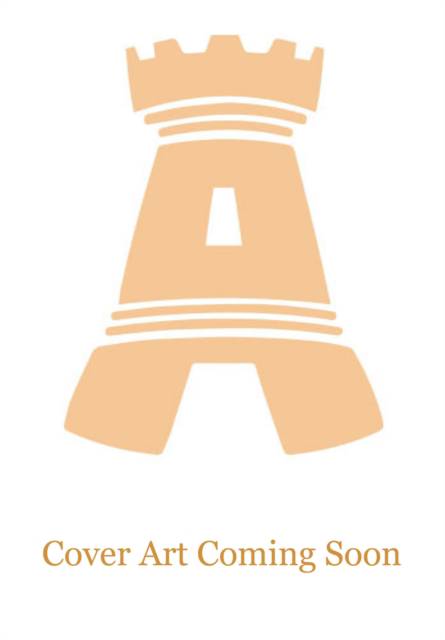
- Retrait gratuit dans votre magasin Club
- 7.000.000 titres dans notre catalogue
- Payer en toute sécurité
- Toujours un magasin près de chez vous
- Retrait gratuit dans votre magasin Club
- 7.000.0000 titres dans notre catalogue
- Payer en toute sécurité
- Toujours un magasin près de chez vous
Description
The occupation and liberation of Strasbourg was described by de Gaulle as 'one of the most brilliant episodes in our military history', yet is overshadowed outside France by the Battle of the Bulge. France's equivalent to Douglas MacArthur's oath 'I shall return, ' General Philippe Leclerc's Oath of Kufra, 'not to lay down our arms until our colours, our beautiful colours, fly over Strasbourg Cathedral', guided his celebrated 2nd Armoured Division across France from Normandy to the Rhine, until in November 1944 he recaptured Strasbourg in a daring feat of arms.
Strasbourg was menaced as soon as it was liberated, as Hitler sought in the wake of the Ardennes Offensive to recapture this coveted trophy. SHAEF was on the verge of abandoning the city to Nazi vengeance until an eleventh-hour meeting between de Gaulle, Churchill and Eisenhower reversed the decision and sent French and American forces to defend it. The defenders - including recruits from France's colonies - sacrificed themselves heroically. After this bloody victory, Strasbourg's liberators and defenders crossed the Rhine to occupy Germany, sharing honours with 101st Airborne's Band of Brothers in Hagenau and the Eagle's Nest.
The author explores the history behind the Franco-German rivalry over this polyglot city, its loss, its insanely unbalanced Nazi occupation, its liberation by the Free French forces, and its defence against Hitler's vengeance. It also looks at the neglected contribution of France's multi-ethnic colonial soldiers to the salvation of the city and the country, and Strasbourg's modern role as an icon of restored European harmony and unity.
Spécifications
Parties prenantes
- Auteur(s) :
- Editeur:
Contenu
- Nombre de pages :
- 288
- Langue:
- Anglais
Caractéristiques
- EAN:
- 9781398123557
- Date de parution :
- 15-11-24
- Format:
- Livre relié
- Format numérique:
- Genaaid
- Dimensions :
- 163 mm x 236 mm
- Poids :
- 598 g

Les avis
Nous publions uniquement les avis qui respectent les conditions requises. Consultez nos conditions pour les avis.






